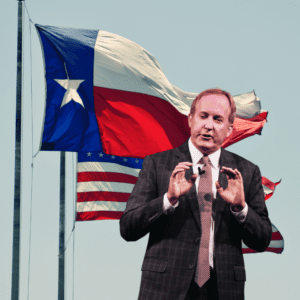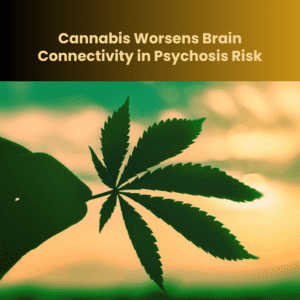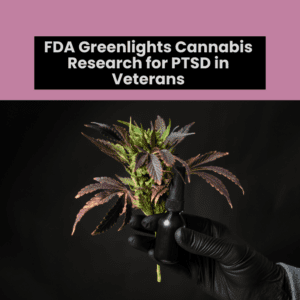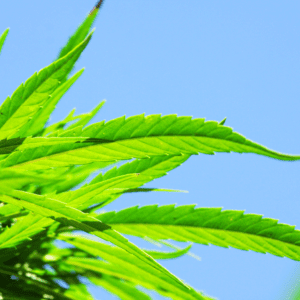Florida’s Controversial Hemp Legislation: In the Spotlight

All eyes are once again on Florida, but this time it’s the hemp industry, not the citizen-initiated constitutional amendment to legalize adult-use cannabis in the November 2024 election, that is in the spotlight. At the center of attention is Senate Bill 1698, which recently passed the state Senate with a unanimous 39-0 vote and the House with a 64-48 vote. The bill is now headed to Governor Ron DeSantis’ desk, where the hemp industry hopes for a veto.
Significant Changes Proposed in Senate Bill 1698
The legislation introduces several significant changes to Florida’s hemp program, including:
Prohibiting the sale of synthetic and intoxicating cannabinoids such as delta-8 THC, delta-10 THC, THCA, HHC, THCV, and THCP. Revising the definition of “hemp” to limit hemp extract to a maximum of 0.3 percent total delta-9-tetrahydrocannabinol concentration on a wet-weight basis or 5 milligrams per serving and 50 milligrams per container, whichever is less. Defining “total delta-9-tetrahydrocannabinol concentration” to include a specific calculation. Modifying packaging requirements to make products less attractive to children.
Consumer Concerns and Industry Opposition
Many, including consumers like Paige Figi, warn that SB 1698 could ban some non-intoxicating CBD products used for joint and muscle pain, insomnia, and anxiety. Figi, a CBD advocate and mother of the late Charlotte Figi, whose story popularized CBD in the U.S., has voiced concerns reported by the Tampa Bay Times.
The governor’s office has not confirmed whether DeSantis plans to sign or veto the legislation, with only a statement that he will review it in its final form.
Potential Veto Likely, Sources Say
According to CBS News Miami, DeSantis is likely to veto the bill. The report states that DeSantis’ chief of staff, James Uthmeier, informed Senator Colleen Burton, the bill’s sponsor, about the potential veto, which led to a contentious exchange. Thousands have expressed opposition to the bill, with the governor’s office receiving over 13,000 communications urging a veto.
Economic Impact of Potential Veto
Advocacy groups like the U.S. Hemp Roundtable (USHR) argue that the bill would devastate Florida’s hemp industry, eliminating retail business and farmer opportunities. A veto, according to the Save Florida Hemp advocacy group, could preserve over 10,000 small businesses and 100,000 jobs in the state.
Patrick O’Brien of Save Florida Hemp emphasized the importance of free enterprise and economic diversity, stating, “This is not just about hemp; it’s about defending the principles of free enterprise and economic diversity that have made Florida a powerhouse.”
National Implications and the Future of Hemp Legislation
The debate in Florida is part of a broader national conversation about regulating hemp-derived cannabinoids. The U.S. hemp-derived cannabinoid market is estimated to be $28.4 billion, employing over 325,000 workers and paying $13.2 billion in wages.
Geoff Whaling, National Hemp Association Chair, highlighted the need for federal legislation to address the issues arising from synthesized hemp products. The new iteration of the Farm Bill currently under review in Congress may address these concerns.
Florida’s decision on SB 1698 will have significant implications for the state’s hemp industry and could influence national policies. As the October 1, 2024, deadline approaches, the industry and its supporters await Governor DeSantis’ decision, which could shape the future of hemp regulation in the Sunshine State.











